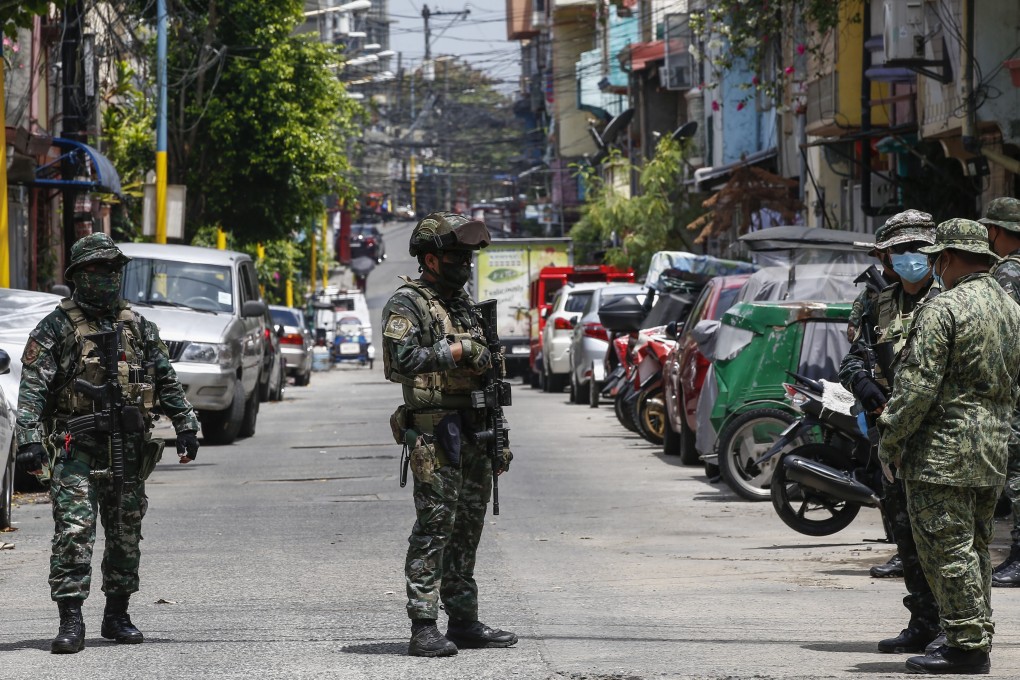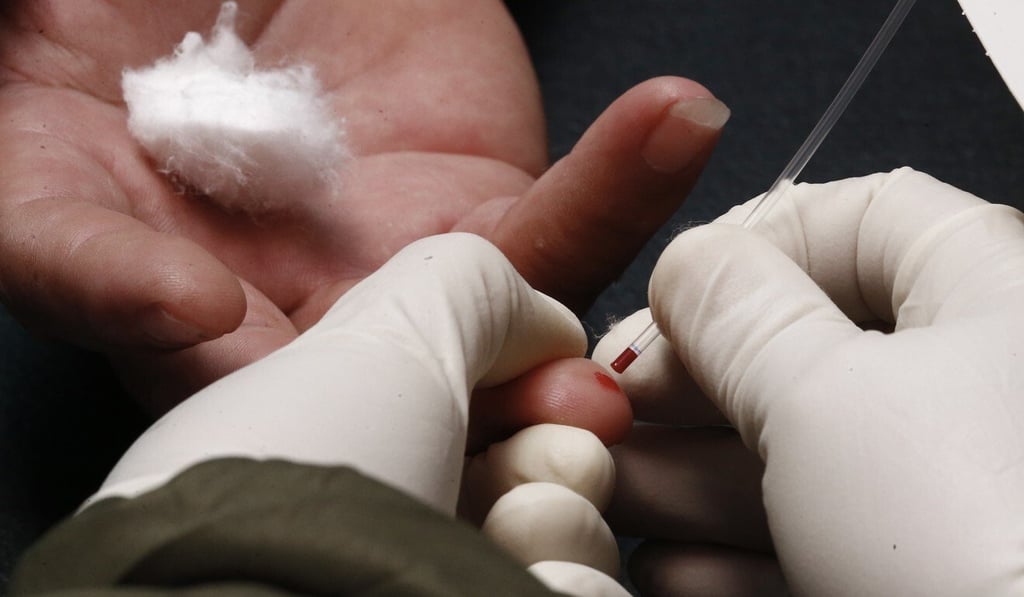Advertisement
Philippines cracks down on secret Chinese coronavirus clinics after facilities raided
- A probe of all ‘clandestine medical clinics’ catering mostly to foreigners has been ordered by the country’s Justice Secretary Mendardo Guevarra
- It follows the arrest on Tuesday of two Chinese nationals claiming to be doctors in Makati and earlier raids on other clinics operating illegally
Reading Time:4 minutes
Why you can trust SCMP

Philippine authorities are cracking down on secret clinics reportedly treating foreign nationals with coronavirus symptoms and will file charges against their operators, Justice Secretary Mendardo Guevarra said on Thursday.
He also ordered the police to trace the whereabouts of foreigners who had undergone treatment in such facilities and “who could still be dangerously roaming around”.
Guevarra’s comments came after the police released two Chinese nationals who had been detained in a raid of a seven-bed clandestine clinic operating inside a villa in Clark Freeport, north of Manila, on May 18. Police sources said the pair had been placed in “the custody” of Shidaikeji Technology – the corporation which leased out the villa that was raided.
Advertisement
The sources, who spoke on condition of anonymity as they did not have the authority to comment publicly, said Hu Ling, 45, and Lee Seung Hyun, 38, had not been arrested initially but “invited for investigation” and were found to be carrying “legitimate visas” – although whether these allowed them to treat patients, the sources could not say.

Advertisement
Both will still be charged and “cases are being prepared for filing”, the sources said, adding that they were waiting for confirmation that the medications seized had not been certified by the Philippines’ Food and Drug Administration.
Advertisement
Select Voice
Choose your listening speed
Get through articles 2x faster
1.25x
250 WPM
Slow
Average
Fast
1.25x